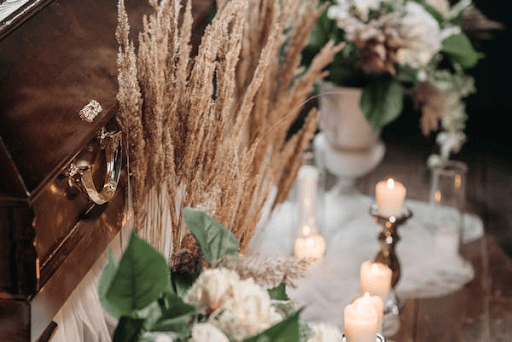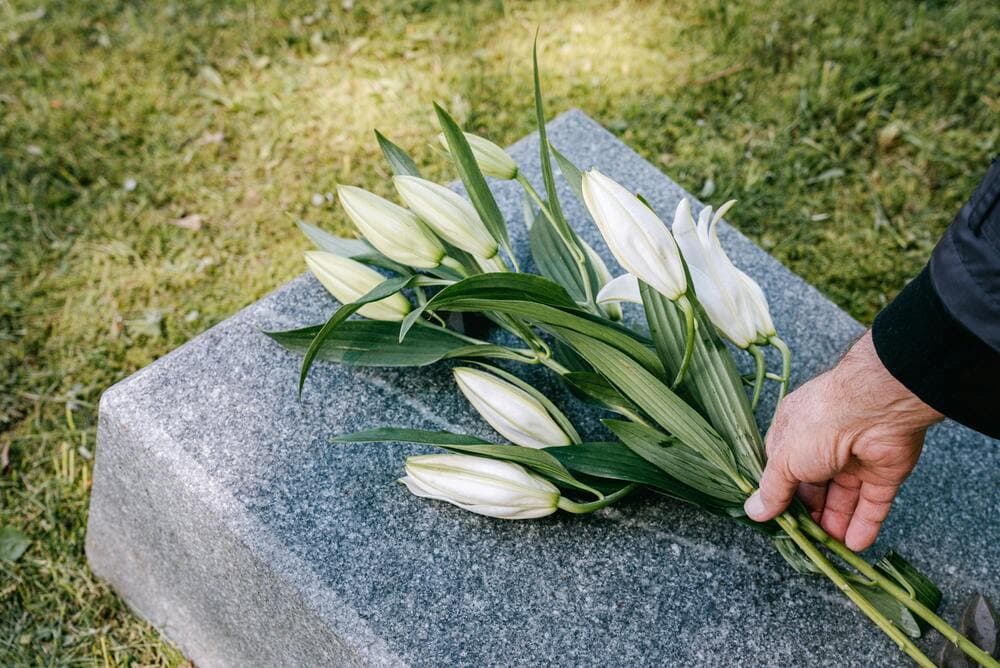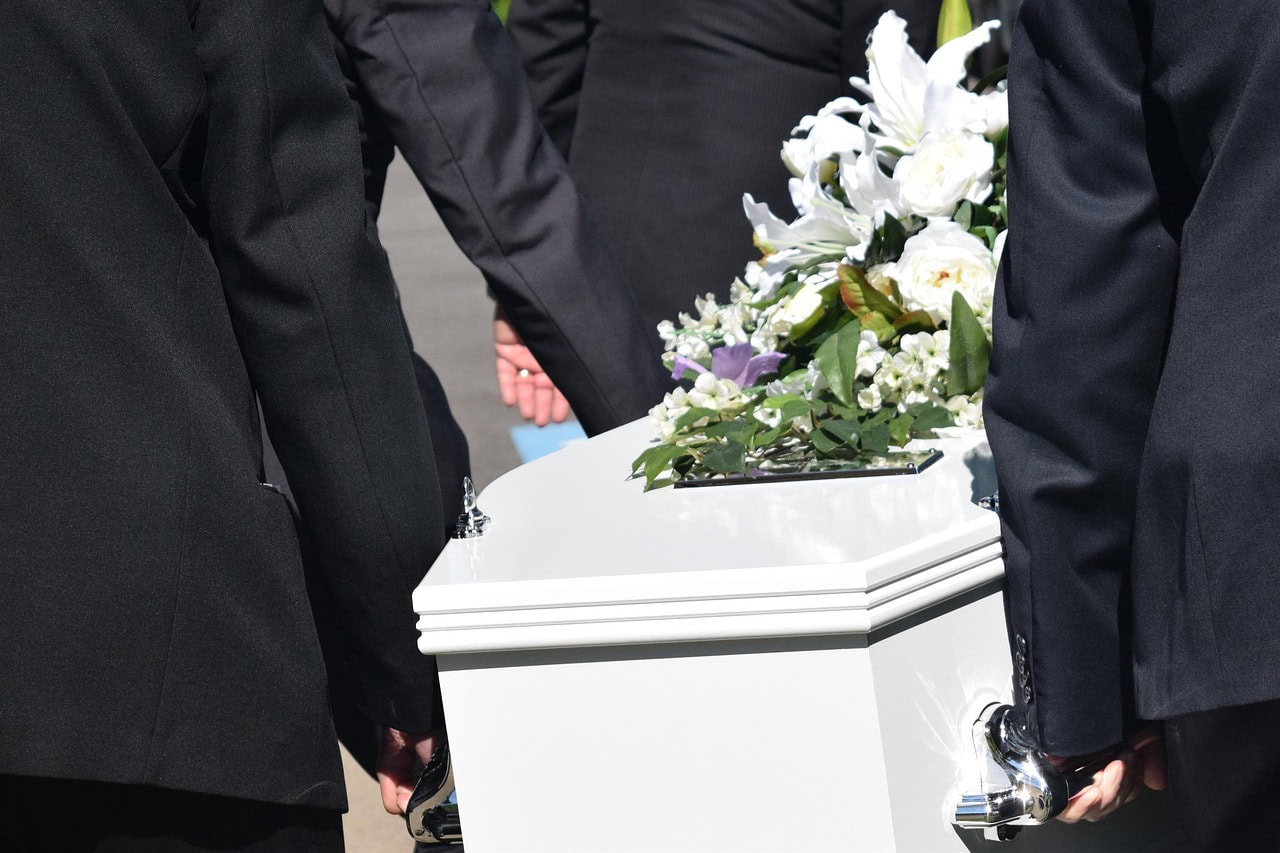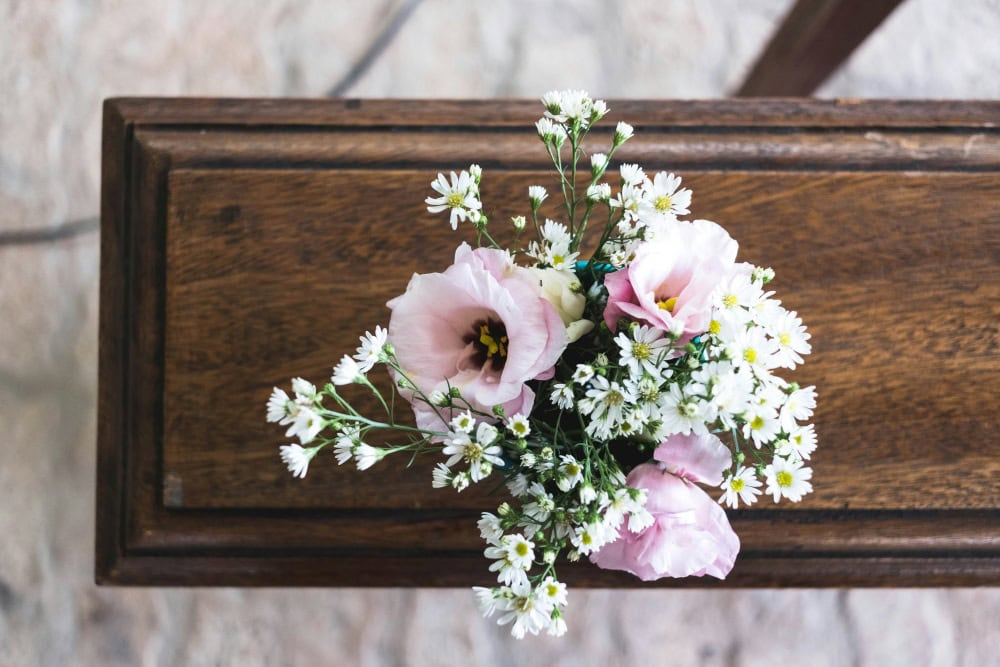
Death, an inevitable truth, is approached with varying rituals and beliefs across cultures. For Buddhists, funeral practices are not merely somber occasions, but rather compassionate reflections on life’s impermanence and opportunities to generate merit for both the deceased and the living. As diverse as the Buddhist faith itself, these practices weave a tapestry of tradition, reflecting regional influences and the unique beliefs of different schools.
Embracing Impermanence: Core Principles of Buddhist Funerals
At the heart of Buddhist funeral practices lies the fundamental belief in anatta, the absence of a permanent self. The physical body is seen as a temporary vessel, and death marks the transition of the consciousness to the next stage of existence. This understanding shapes several core elements common across various Buddhist traditions:
-
Merit-Making:
Funeral rites often involve acts of generosity and compassion, like offering food to monks, chanting sutras, or donating to charitable causes. These actions are believed to accumulate good karma, benefiting both the deceased in their next life and the living who participate.
-
Guidance from Monks:
Buddhist monks act as spiritual guides during funeral ceremonies. They lead prayers, chant sacred texts, and offer solace to mourners, helping them navigate the emotional and spiritual aspects of this transition.
-
Cremation:
As a symbol of letting go of the physical form, cremation is the preferred method of disposition in most Buddhist traditions. The ashes may be scattered in designated locations, enshrined in stupas (Buddhist monuments), or buried according to local customs.
-
Mourning Period:
Following the passing of a loved one, Buddhists typically observe a mourning period, often lasting 49 days. During this time, family and friends may wear white as a symbol of respect and engage in merit-making activities to support the deceased’s spiritual journey.
A Journey Through Diverse Traditions: Exploring Regional Variations
While these core principles provide a foundation, Buddhist Funeral practices exhibit fascinating variations across different regions and schools of thought:
-
Theravada Buddhism:
Prevalent in Southeast Asia, Theravada funerals are known for elaborate chanting ceremonies and merit-making activities. Family members may even temporarily ordain as monks to honor the deceased.
-
Mahayana Buddhism:
Practiced in East Asian countries like China, Japan, and Korea, Mahayana funerals may incorporate elements like offering food to hungry ghosts, believed to benefit deceased ancestors.
-
Tibetan Buddhism:
Unique to Tibetan traditions, sky burials involve offering the deceased’s body to vultures on mountaintops. This practice signifies the return of the physical form to the natural world and is believed to facilitate spiritual liberation.
Planning with Compassion: Navigating Buddhist Funerals with Respect
Planning a Buddhist funeral requires careful consideration of various factors, including the deceased’s wishes, family traditions, and local customs. Here are some key steps to ensure a respectful and meaningful ceremony:
-
Seek Guidance from a Buddhist Temple or Monk:
Consulting with a trusted religious leader familiar with specific traditions and practices can provide invaluable support and ensure the ceremony aligns with Buddhist principles.
-
Open Communication with Family:
Discussing the deceased’s preferences and any specific wishes regarding the funeral beforehand is crucial. This open communication helps ensure the ceremony reflects their values and beliefs.
-
Understanding Cultural Nuances:
If incorporating regional customs, it’s essential to research and understand their significance to ensure they complement core Buddhist practices respectfully.
-
Exploring Buddhist Funeral Packages:
Many funeral homes offer specialized packages tailored to Buddhist traditions. These packages often provide comprehensive support, including assistance with religious ceremonies, coordination with monks, and navigating cultural sensitivities.
Beyond the Ceremony: Honoring the Spirit and Embracing the Future
Buddhist Funeral practices go beyond simply marking the end of life. They offer a space for reflection, compassion, and spiritual growth. By understanding and respecting these diverse traditions, we can create meaningful ceremonies that honor the memory of our loved ones, support their spiritual journey, and find solace in the impermanence of life.
Seeking Support During This Difficult Time
Planning a funeral, especially one steeped in specific cultural or religious traditions, can be overwhelming. Consider exploring Buddhist Funeral Packages offered by reputable funeral homes. These packages often provide:
-
Consultation with experienced professionals:
Funeral home staff familiar with Buddhist customs can guide you through the planning process and address any questions or concerns you may have.
-
Coordination of religious ceremonies:
They can help arrange for the presence of monks or temple representatives to lead prayers and rituals, ensuring adherence to traditional practices.
-
Assistance with disposition options:
They can provide guidance on cremation, scattering of ashes, or other preferred methods of disposition according to Buddhist principles and local regulations.
-
Navigating cultural sensitivities:
Funeral home staff can offer insights and support in incorporating regional customs respectfully and appropriately within the broader framework of Buddhist traditions.
By seeking professional support during this challenging time, you can ensure a respectful and meaningful ceremony that honors your loved one’s memory and offers comfort for yourself and your family. Remember, Buddhist funeral practices are not merely rituals; they are expressions of compassion, opportunities for spiritual growth, and a testament to the enduring connection we share with those who have passed on.
In Conclusion:
As we navigate the delicate dance of life and death, understanding and respecting diverse funeral practices, like those in Buddhism, allows us to create meaningful experiences that transcend cultural boundaries. By embracing these traditions with compassion and open-mindedness, we can find solace in the impermanence of life, celebrate the memories of our loved ones, and support them on their spiritual journey. For further insight, reach out to Funeral Services Singapore.


